What Went First, the Chicken or the Egg?
On the road to Veganism.
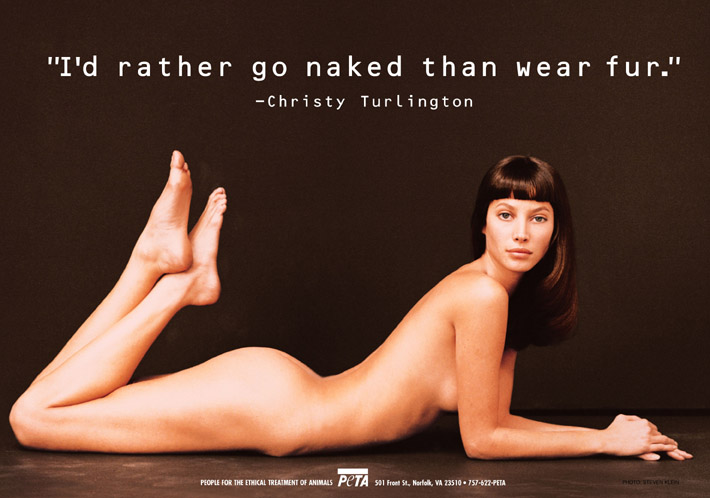
When I studied to be a holistic health and life coach I learned about 100 different ‘diets’. Literally. Listening to world class doctors, nutritionists, psychologists and food movement pioneers I pulled new snack ideas, exotic superfoods and regime concepts from each of them that piqued my interest along the way. I have also since used myself as a laboratory to test and try some of these ‘diets’. For months I found myself hyper sensitive to not only what I put in my body (which I have always been very conscious of) but more so about what my food choices mean for our planet.
Over the years I have slowly progressed to gluten free, dairy free, sugar free and now also animal free … well almost. When I’m asked what ‘I am’ it’s not an easy one word answer. I’d say ‘I’m a gluten-dairy-sugar-preservative free-ovo-vego’ (Ovo meaning egg eater and vego for vegetarian and thus eating zero meat. *Those eggs only being from family pets who happen to love laying eggs so I happily enjoy on occasion). Then throw in to my food choice a severe reaction to processed food (Most times I read a packet and freak out at the length of the words that are supposed to be ‘ingredients’). That said I’ve been toying with the new title of ‘Vegan’. But, and this is a big BUT I cannot lie, going vegan does not stop at the plate. This would mean more than kissing goodbye my poached organic free-range eggs every second Sunday.
While I’d rather go naked than eat dairy or meat, if I were to call myself ‘vegan’ would that not mean throwing away every leather, silk and woollen item I own? That is a lot of heels, lingerie, jumpers, bags and some killer rockstar pants, (skirts and boots too). If I am so conscious of what I put in my body to fuel it as well as ensuring the products I use to clean, preen and beautify myself, as well as the home and office are all animal and cruelty free, should this not extend to my wardrobe (previous purchases and future alike)? I’ve also been informed animals are found in products from computers to tyres. Does this mean I will be sending my StellaTribe weekly hand written letters and mailing them on foot? A little extreme perhaps, but are material possessions worth more than the life of another living creature? Too late you say, the cropped fur coat is already in the wardrobe. Or is it the principle, compassion for another living soul and the survival of our planet? Now my eyes are open I can’t go back.
Walking along my path to veganism I have had the pleasure of meeting an incredible soul who also studied at the same institute in New York as I who I was delighted to interview.
I spoke with purpose driven animal rights activist and passionate vegan, Kim Frost, to get her thoughts on Veganism.
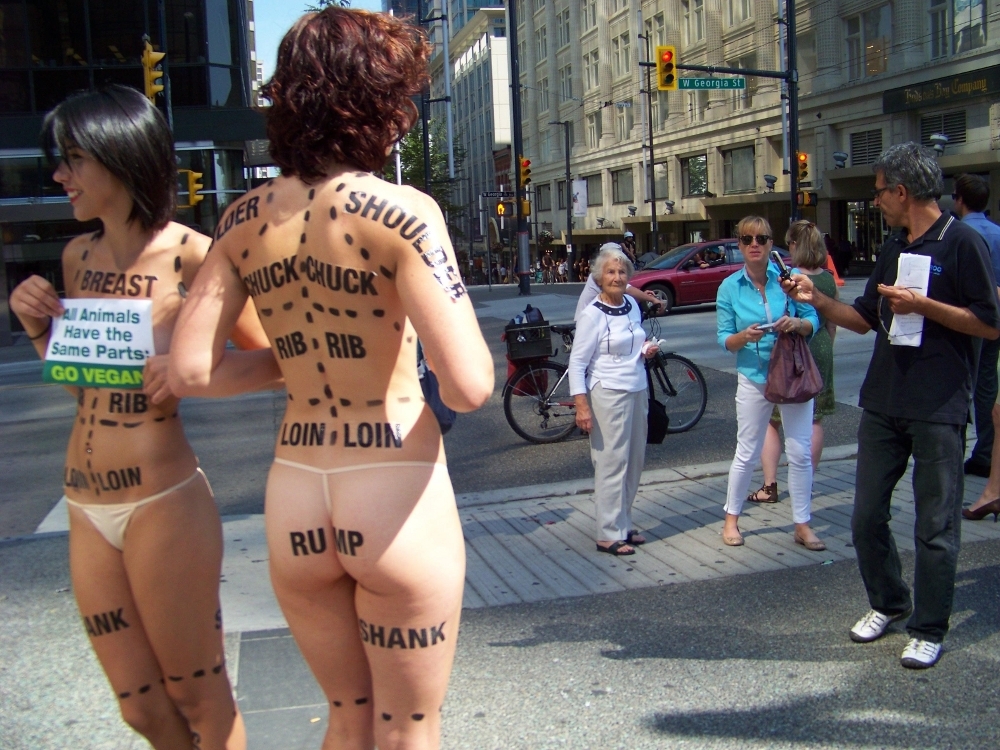
Can you share your story of when, why and how you became vegan?
I guess my awareness of the sentience of animals started at a very young age. I was shopping with my beloved grandmother one day and we visited a butcher shop. I recall seeing these ‘things’ hanging in the back room, visible through swing doors – and I asked my grandmother what they were. She explained that these were animals but that they were dead and were now food for humans. I think this made an impact on me.
Although young and impressionable, I had made the connection which made the meat on my plate repulsive. I was made to eat meat as a child as of course, in those days, it was believed to be an important and necessary part of our diet. Following intervention from my grandmother, I was finally allowed to stop eating meat at age 11 and from then on, as a compromise, was allowed to eat cheese instead.
An avid and extremely passionate animal lover, I believed that my vegetarian stance was the least harmful way of living and I set about educating myself in the area of cruelty free products to ensure that no product I consumed, was tested on animals. I would also never support any use of animals for entertainment purposes and I spent years assisting with single issue campaigns such as Live Exports, Whaling, Battery Egg Farms and others.
It was not until six years ago that I became aware of the hidden cruelty associated with the dairy industry. I was at that time, an active member of the Perth Sea Shepherd Chapter and it so happens, that quite a few other members were Vegans. It was through my association with these new friends, that my ignorance of the dairy industry was exposed. I realised with absolute horror, that all these years, I had been complicit in unimaginable cruelty and abuse. Needless to say, I became an ‘overnight Vegan’ and have never looked back.
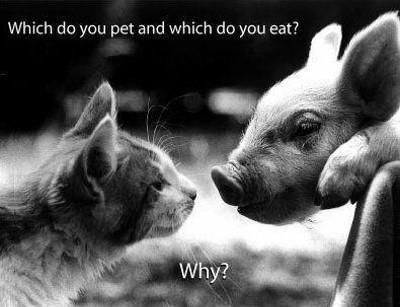
How would you describe veganism?
Being Vegan is far from being deprived. The more I learn, the more I discover how joyous and fulfilling a Vegan lifestyle can be. The most amazing array of foods constantly astounds me. Initially, a common felt belief might be that a Vegan is limited to fruits and vegetables however one soon discovers the world of not only fruits and vegetables, but a vast array of nuts, seeds, grains, legumes and superfoods.
Veganism, to my mind, is the ultimate way of being. It is a way life philosophy that minimises as far as possible, harm to fellow creatures inhabiting our planet. It is a constant learning – as I discover how insidious the ‘use’ of other beings actually is.
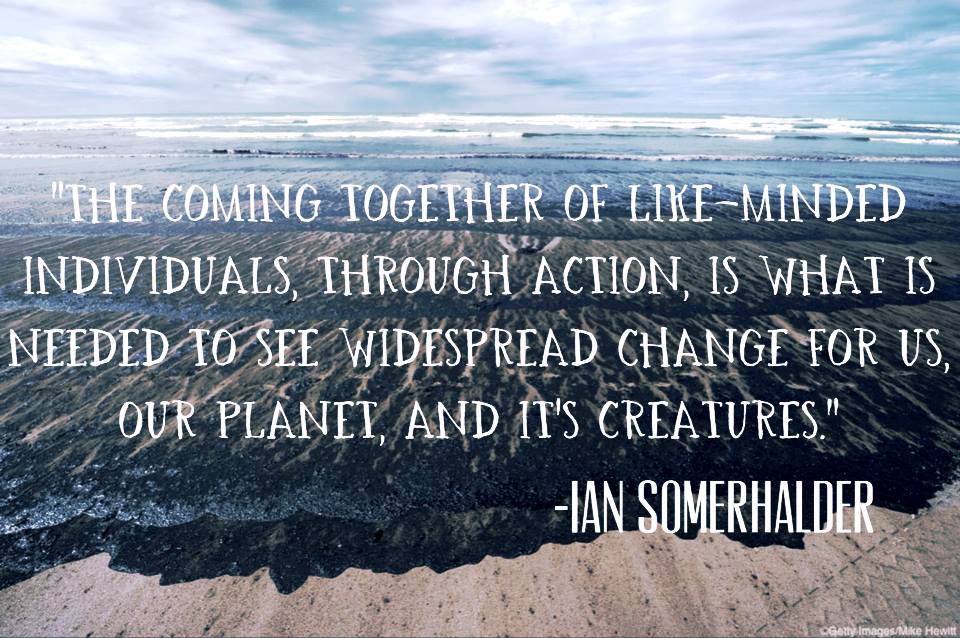
How does being vegan extend beyond what we put on our plates?
It is important to realise that Veganism is not simply a diet. It is an all-encompassing way of being. As a Vegan, I seek to preclude any ‘use’ of other living beings – not just to satisfy my plate, but for my clothes and shoes, skin care/ cosmetic products, household cleaning products, for entertainment purposes, and in fact anything that may cause harm to a living creature. I feel that being Vegan is simply being the best I can be – without impacting on other creatures in a negative way.
Along my journey, I have encountered many special like-minded souls, who share world view and I find that spending time with them, energizes and motivates me. It has literally been the discovery of a joyful, compassionate world – one very far removed from the often dark world of violence, death, abuse, crime and war.
It seems that all species on our beautiful planet earth are under threat from humans – in one form or another. If we are not systematically destroying habitat, we are poisoning the natural environment (soil, water, air) with our various activities in a way that is contributing to catastrophic climatic events across the globe.
In a nutshell, if we can live healthful and fulfilling lives without causing any harm to others, why wouldn’t we!
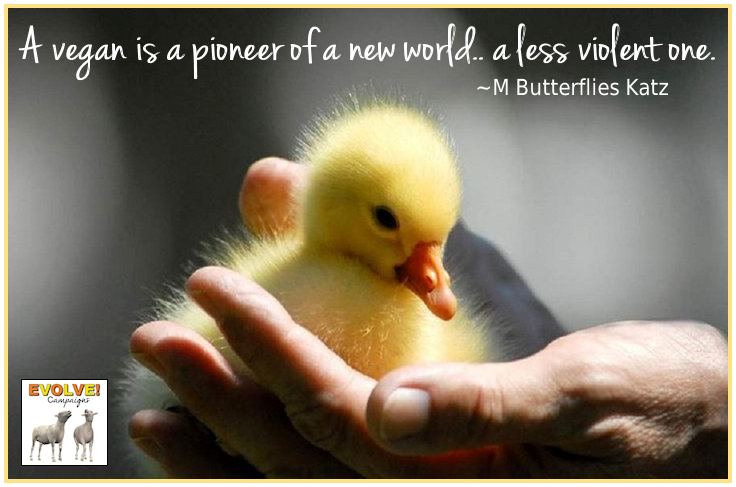
Which vegan activists do you admire and why?
Actually I have a very long list of humans who inspire me. There are so many people on the planet doing incredible things – it is extremely heartening. To name just a few and why:
Dr Will Tuttle is an American writer, acclaimed speaker, accomplished musician and author of The World Peace Diet. To say that Will Tuttle is an inspiration to me, is an understatement. He embodies the qualities I believe we should all aspire to possess. Will Tuttle espouses the view that peace begins on our plates and he teaches the truth of the interconnectedness of all life.
Howard Lyman gives me hope that anybody can change. Howard Lyman was a 4th generation cattle rancher who had an epiphany after a major health set-back and is now a Vegan who travels the world and inspires others with his story of transformation.
Philip Wollen is a former vice-president of Citibank and was also a general manager at Citicorp. Philip became a vegan following his departure from Citibank and is a now a prominent member of the animal rights movement. Philip Wollen’s main project, the Winsome Constance Kindness Trust is a global initiative whose mission statement is to promote kindness towards all other living beings. The Trust emphasises ethics, compassion and co-operation, and opposes cruelty to humans and non-human animals. Philip has approximately 500 kindness initiatives around the world.
Gary Yourofsky is an American animal rights activist who is also an acclaimed public speaker with a charismatic and straightforward style. His world famous address at Georgia Tech in the summer of 2010 has had nearly 2 million hits.
Fiona Oakes is a Vegan endurance athlete. Fiona single handedly runs Tower Hill Stables Animal Sanctuary in the UK and in addition, works as a fire fighter. In her spare time, Fiona competes in endurance events around the world. Training consists of running approximately 90 miles / 145 km’s each week.
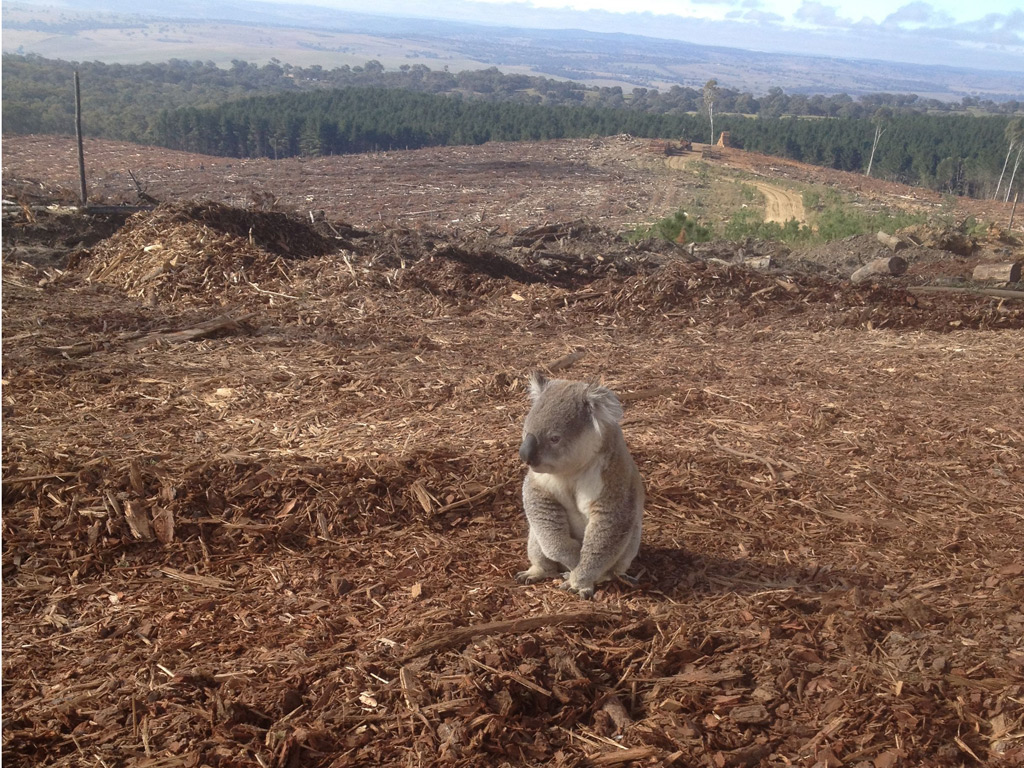
How does veganism connect with our culture, our food and our world problems?
Sadly, the arrogance of humans claiming the status of ‘superior species’ has seen the devastation of thousands of species, degradation of vast sectors of land areas, large scale pollution of river systems and oceans, destruction of marine environments by over-fishing and so on.
Animal agriculture is an extremely inefficient way of producing food – channeling edible grain through food animals when those crops could feed the world’s poorest people many times over, seems completely illogical. Large scale livestock farming also has a major effect on water supplies and is a constant threat to biodiversity due to loss of habitat. As a result of limited availability of arable land to meet the demands of industrialised animal food production, the subsequent destruction of some of the world’s greatest forests continues to occur at an alarming rate.
When it comes to our food choices, we need to be mindful of how those choices impact on other living beings – both human and non-human, and also, how those choices impact on our natural resources and the environment.
The ramifications of large scale animal agriculture and to a lesser extent, human transport, on air quality has far reaching implications on climatic patterns. We now face the threat of global warming which will have ongoing impacts on sea levels and associated climate change.
We are all inter-connected. Humans could not exist if it were not for some of the most overlooked creatures on the planet – the bees, the earthworms, the marine plankton in our oceans. All life forms should co-exist on the planet as they were meant to.
Being Vegan really is the most effective way for an individual to reduce their eco-footprint.
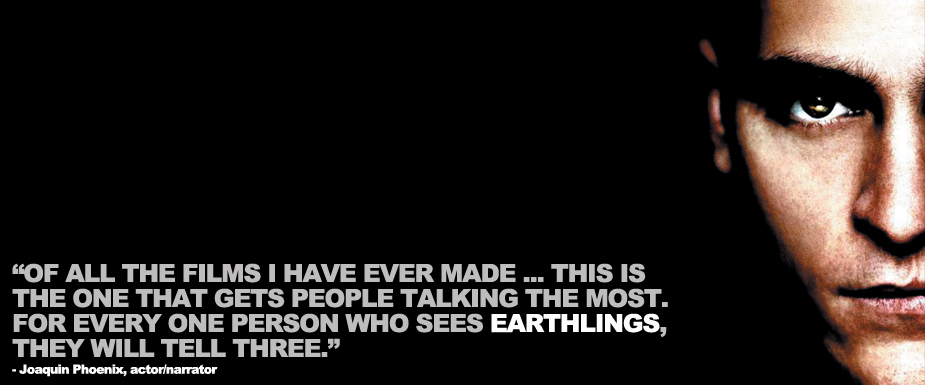
What books and movies have inspired your veganism/animal rights activism and why?
There are hundreds of books on Veganism and Animal Rights. I have quite a few in my collection but I would have to say that Will Tuttle’s ‘World Peace Diet’ has been the most inspiring of them. I would really love everyone in my circle of influence to read this book. The idea that a peaceful world is only possible if we extend our compassion to all life, resonates very loudly with me.
There are several worthwhile documentaries such as Peaceable Kingdom, Making the Connection and Meet your Meat, which explore the ethical arguments for Veganism. The documentary Earthlings perhaps provides the most insightful exposure of the horrors perpetuated by humans towards non-humans.
There are a multitude of health related documentaries that highlight the positive health aspects of a plant-based diet. Some of these include Forks Over Knives, Fat, Sick and Nearly Dead, Vegucated, Food Inc and Food Matters. More and more medical evidence points to the fact that a diet derived from plants provides an abundance of nutrients that are needed for health and wellbeing.
As the incidence of major disease escalates worldwide, I feel it is now critical to educate as many people as possible of the fact that our consumption of animal fats is contributing major disease. We need to empower ourselves and take responsibility for our health care. Corporations across the globe are profiting from sick populations. I do not support the sick care industry, but rather strive to educate myself about the benefits of eating the way nature intended. Food is indeed thy medicine.
The most hilarious BBC viewing – watch below:
This article is here to inspire and awaken your heart to make conscious choices for your mind, body, soul and for the greater good of all.
What are your thoughts StellaTribe?
With Love, Elise / S*M

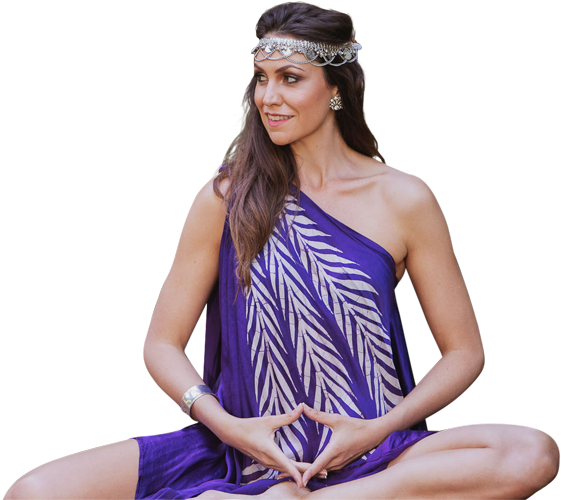
When I transitioned to vegan all those years ago (it will be a decade in July!!!) I slowly stopped replacing products I had which were animal derived. So I still wore leather and wool (I never had fur) until it needed replacing, at which point I would replace the item with synthetic or non-animal. And now I just have one pair of leather shoes which were my school ball shoes that came from an op shop. I don’t wear them but can’t bear to just throw them away.
It’s a tricky thing, because in one sense you aren’t creating a demand as you already own the product, but are you promoting it by wearing it? It’s a tough call. You also find that as a vegan people are very quick to attack your way of life (despite me NEVER once trying to convert anytone, only answering questions honestly) and they will jump on anything to say you aren’t being a “proper” vegan, if that makes sense.
Thank you for sharing your experience with the StellaTribe, Emma! Like any ‘philosophy’ or ‘way of life’ perhaps veganism truly is an ever evolving journey of growth – one that is consciously taken on and continually strived to uphold to the best of ones ability (and personal belief system, for the greater good). XOX!
Thanks for the interesting article ladies, I’m glad you included some links to further info, I have Earthlings downloading now! I’ve only just converted to vego in recent weeks after I watched a re-run of 60 Minutes which undeniably proved to me that the issue is wide-spread, happening in our own backyard and not just YouTube propaganda. Thanks for sharing, I hope to spread the message 🙂
60 Minutes link: http://sixtyminutes.ninemsn.com.au/article.aspx?id=8633776
xxT
‘Earthlings’ is a must watch Tanya. Thank you for attaching the 60 Minutes link! X!
I was wonderfully surprised reading this informative information, very grateful to have my eyes opened. Thank you.
You are so welcome Deserea! Both our eyes are open now indeed. X!
This article lead me to thinking about how sexism and misogyny are used to promote animal rights . Not the interview part, which I thought was excellent but I was reminded of PETA’s campaign by the preamble and choice of some of the pictures.
PETA’s “I’d rather be naked than wear fur” campaign and similar campaigns commodify women. Human rights and non-human rights are inextricably linked. And I think some people do not make this connection.
I agree with Gary Francione in this respect:
“The commodification of nonhumans is very similar to the commodification of women. But society has no problem with the commodification of women. Instead of opposing sexism and misogyny, a large segment of the movement actively promotes it. As long as we continue to think of women as meat, we will never see the problem with using animals as meat.”
Such a valid and interesting comment Madeleine … and I share your thoughts. I am an avid feminist and the drive behind using the PETA image is in the message, just like the other images I used in this post and all StellaMuse posts. Images are interpretive, like anything. I feel the body – female or male – is beautiful and it is a tremendously powerful tool of communication. When used with integrity and consciousness this can convey powerful messages for the good. Another reason I chose the PETA image of Christy Turlington is because she is a strong female activist in her own right and I admire her work greatly.